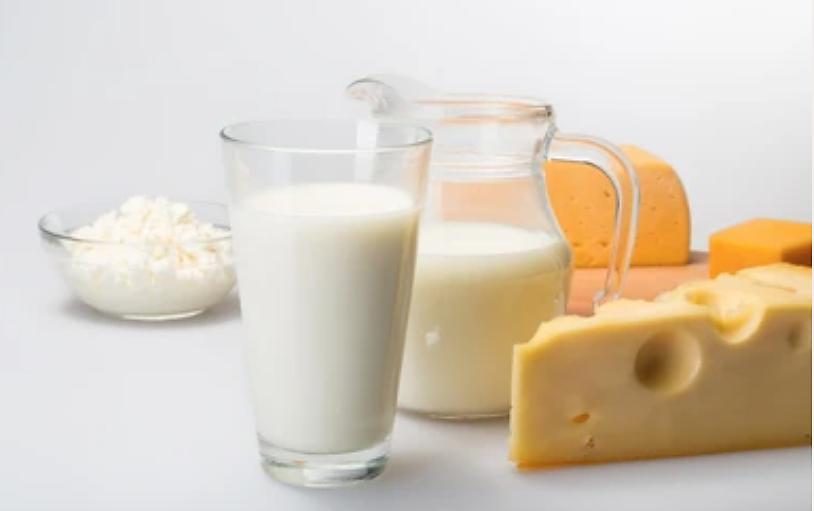Lifeasible provides professional milk testing services to help analyze triglycerides in milk fat and determine whether milk and milk products are adulterated.
Milk fat is an important nutrient, and characterization of milk fat purity is absolutely necessary to ensure constant and well-defined quality. Triglycerides (triacylglycerols) are the major component of milk fat. Detecting foreign fat in milk is an important challenge due to the variable triglyceride composition and the seasonal, species, or breeds related variations in milk fat. Methods currently available for milk fat purity determination include triglyceride analysis, fatty acid profiling, and sterol profiling. Here, we offer a milk fat purity determination service based on triglyceride analysis to determine whether milk fat is adulterated.
 Fig. 1 Some products that need to be tested for milk fat adulteration.
Fig. 1 Some products that need to be tested for milk fat adulteration.
We help analyze triacylglycerols in milk fat based on the gas chromatographic method.
Sample range:
The method applies to the detection of bulk milk of cows and its products, particularly fats derived from milk products claimed to contain pure milk fat of unchanging composition, such as butter, cream, milk, and milk powder. Based on this method, foreign fats can be detected, including vegetable fats and animal fats, such as beef tallow and lard.
Method principle:
The method is based on the difference between the triglyceride fingerprint of milk fat from cows and other fats and oils. Samples outside the normally observed range of milk fats are identified by S-values which are calculated using the mass fraction of each triglyceride.
Note for calculation:
Triglyceride formulae are based on the normalized weighted sum of individual triglyceride peaks. First, the mass fraction of each triglyceride (C24, C26, C28, C30, C32, C34, C36, C38, C40, C42, C44, C46, C48, C50, C52, and C54) needs to be calculated. The results of this calculation are expressed as percentages. On this basis, the S-values are then calculated. Ultimately, multiple S-values are used to determine whether the sample has been added with foreign fat.
Operation flow:

Main reference standard:
ISO 17678:2019
(1) False positive results may occur based on this method. For example, false positives due to special feeding practices (diets containing a particularly high percentage of vegetable oil or serious underfeeding).
(2) The method is unsuitable for testing colostrum because of its unstable composition.
(3) It is also not applicable for samples in which the milk fat has been manipulated or lipolysis.
Lifeasible offers services to help analyze triglycerides to determine fat purity from bovine bulk milk and milk products. We also provide services to help determine the purity of milk fat based on fatty acid profiles and sterol profiles, and the combination of these methods can better determine whether the milk has been adulterated with foreign fat. Please contact us for milk-related testing, we guarantee to provide considerate and professional testing services.
References
Lifeasible has established a one-stop service platform for plants. In addition to obtaining customized solutions for plant genetic engineering, customers can also conduct follow-up analysis and research on plants through our analysis platform. The analytical services we provide include but are not limited to the following:
Get Latest Lifeasible News and Updates Directly to Your Inbox
Adaptive Evolutionary Mechanism of Plants
February 28, 2025
Unraveling Cotton Development: Insights from Multi-Omics Studies
February 27, 2025